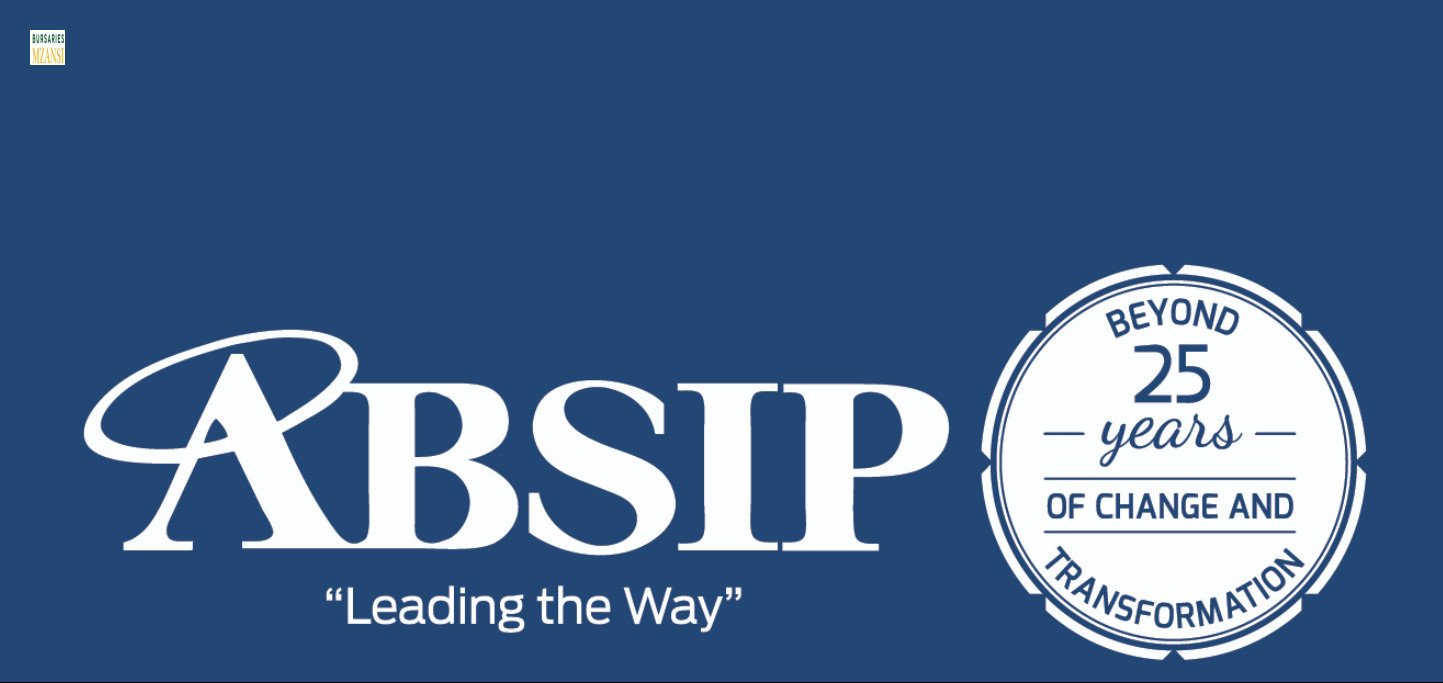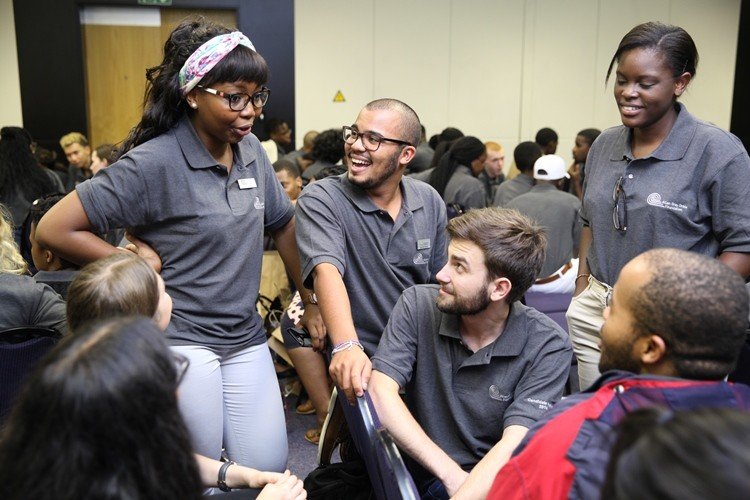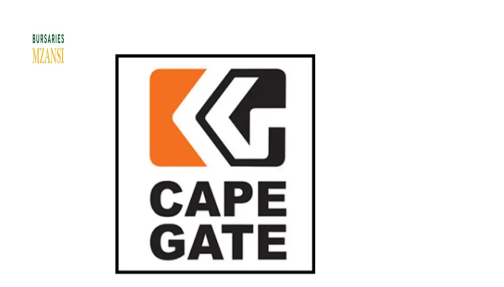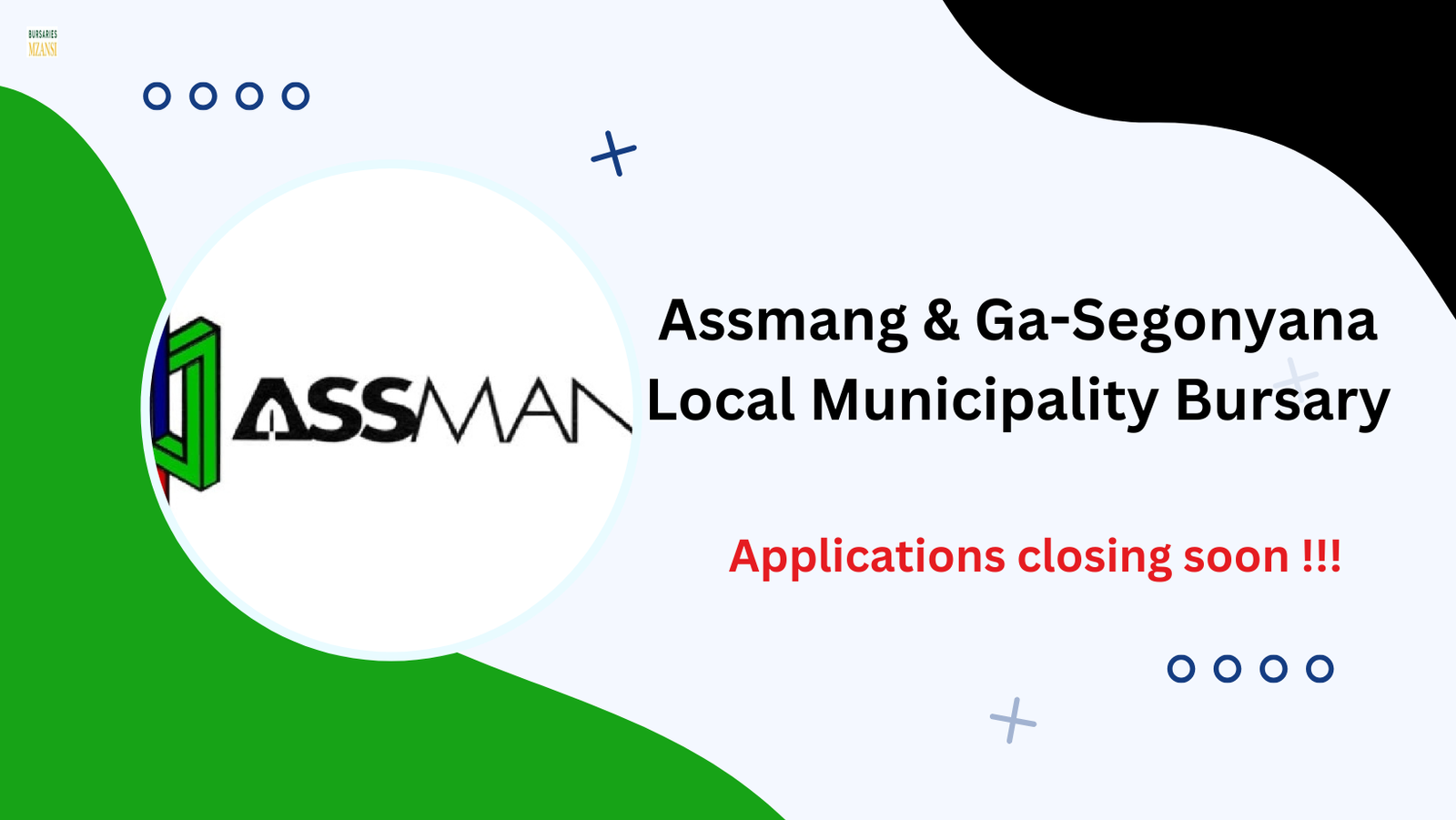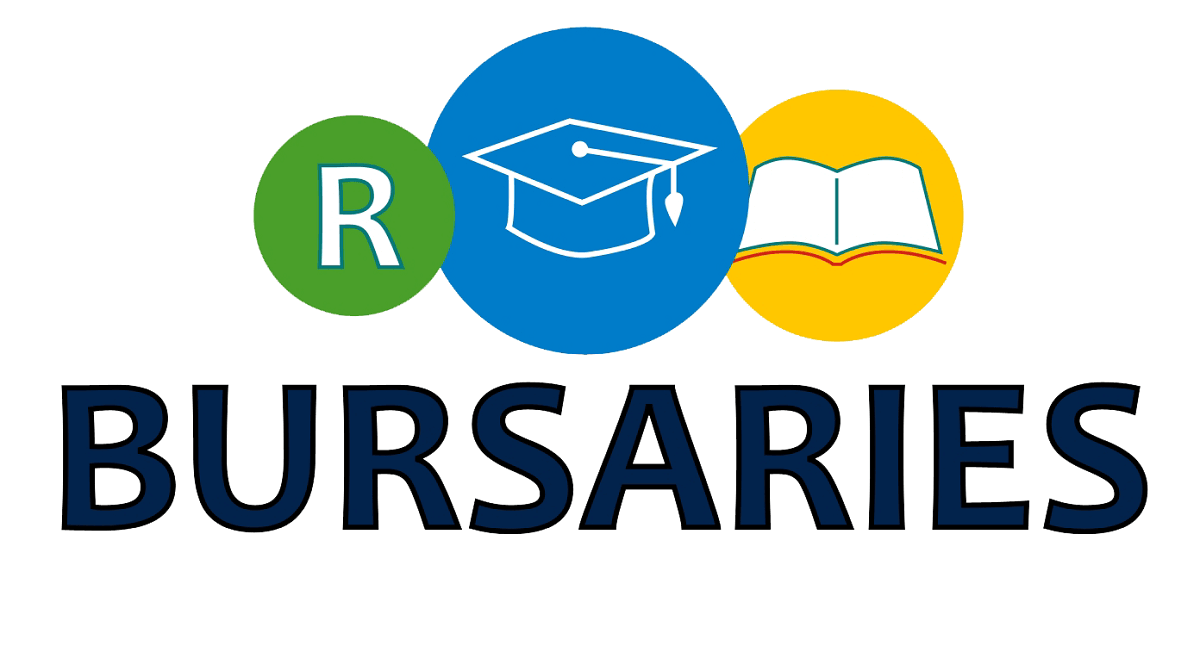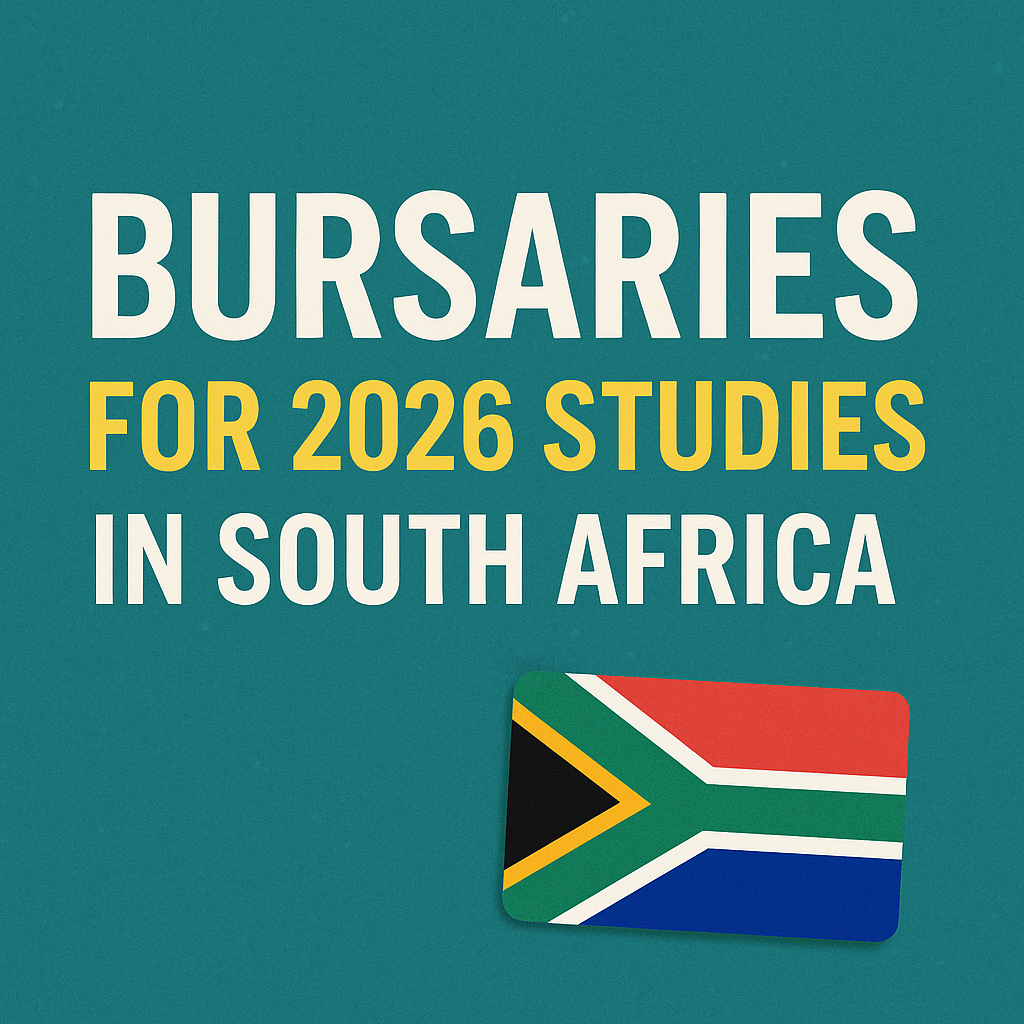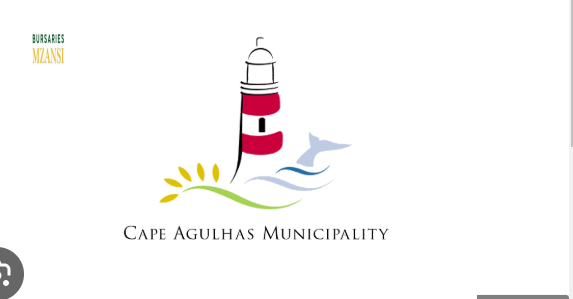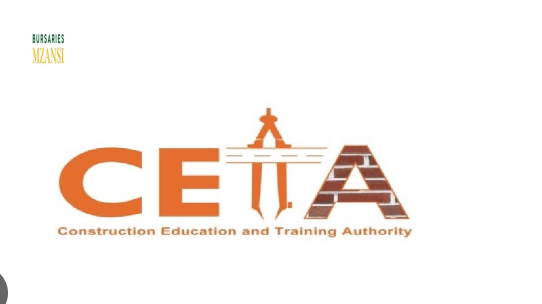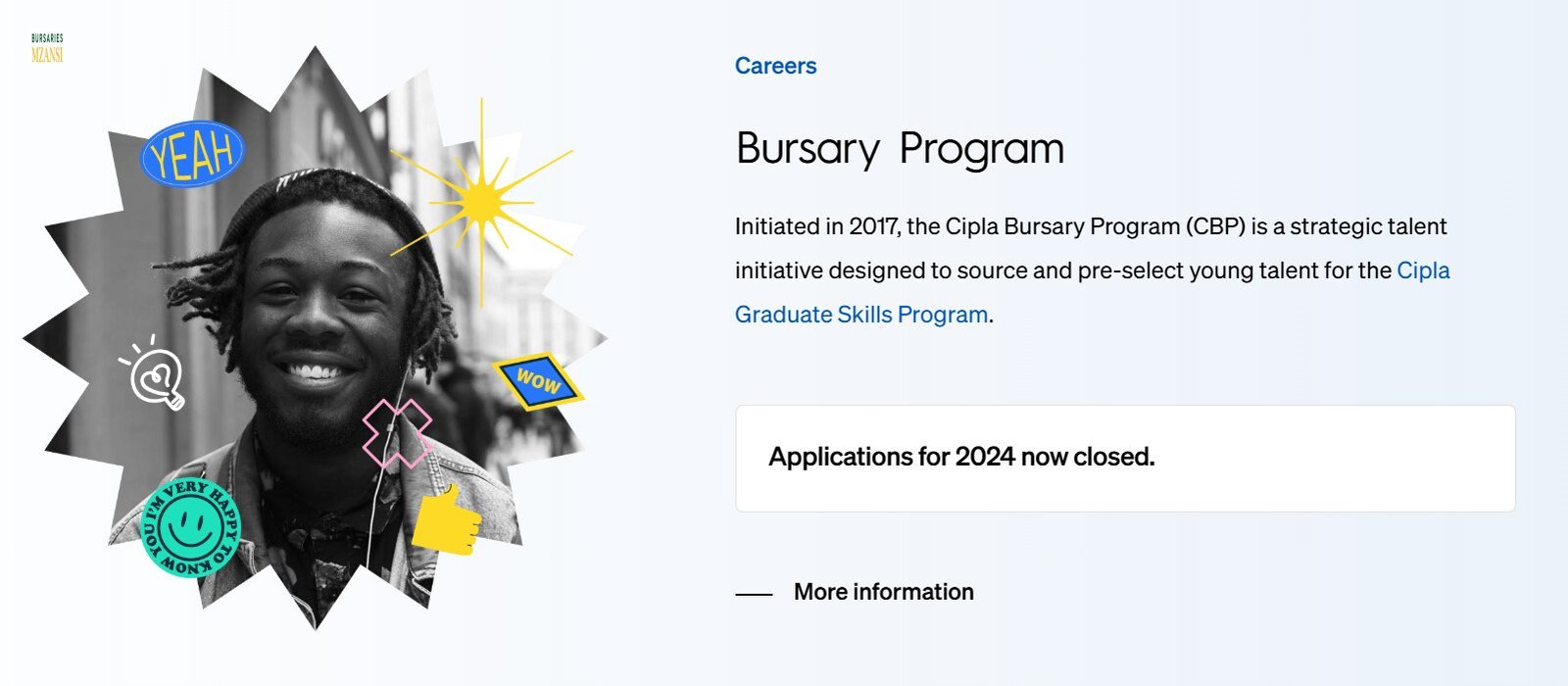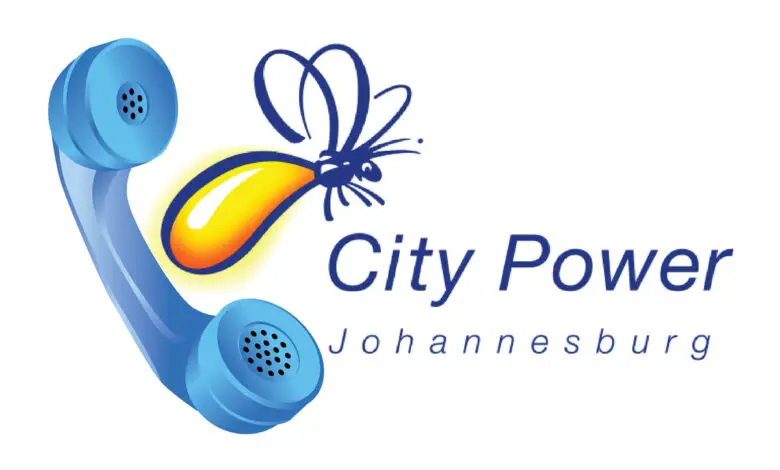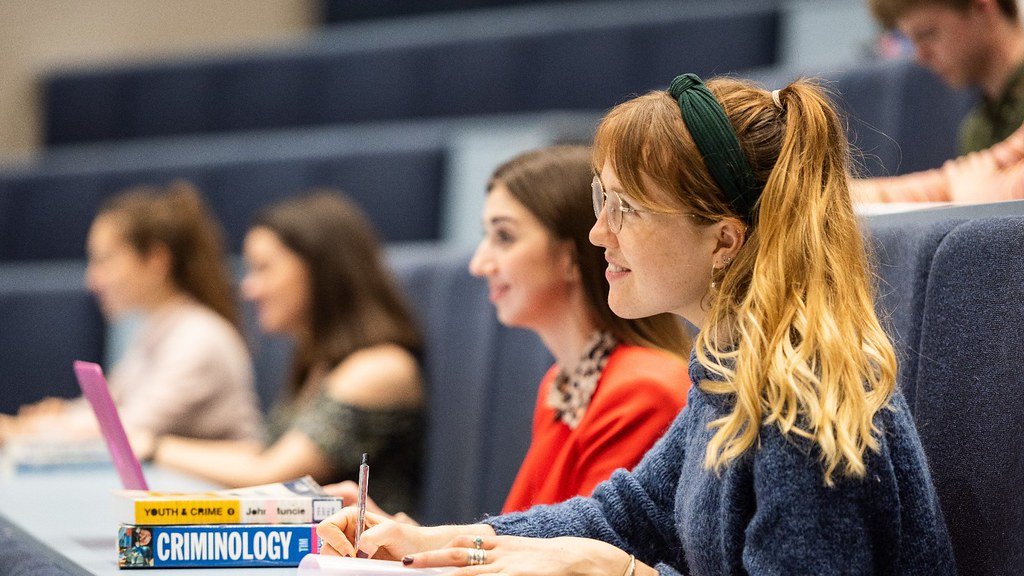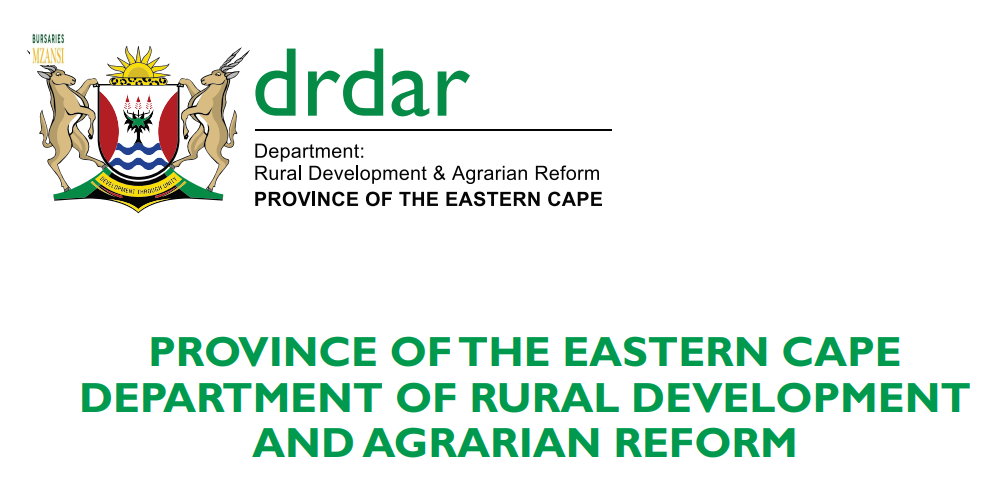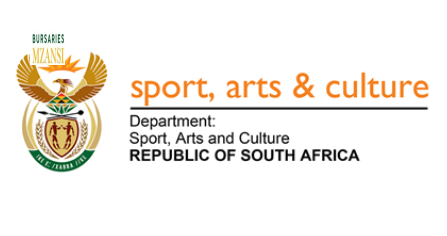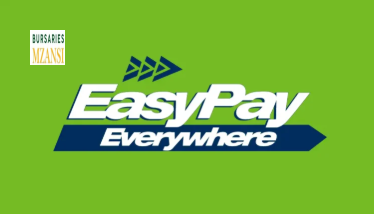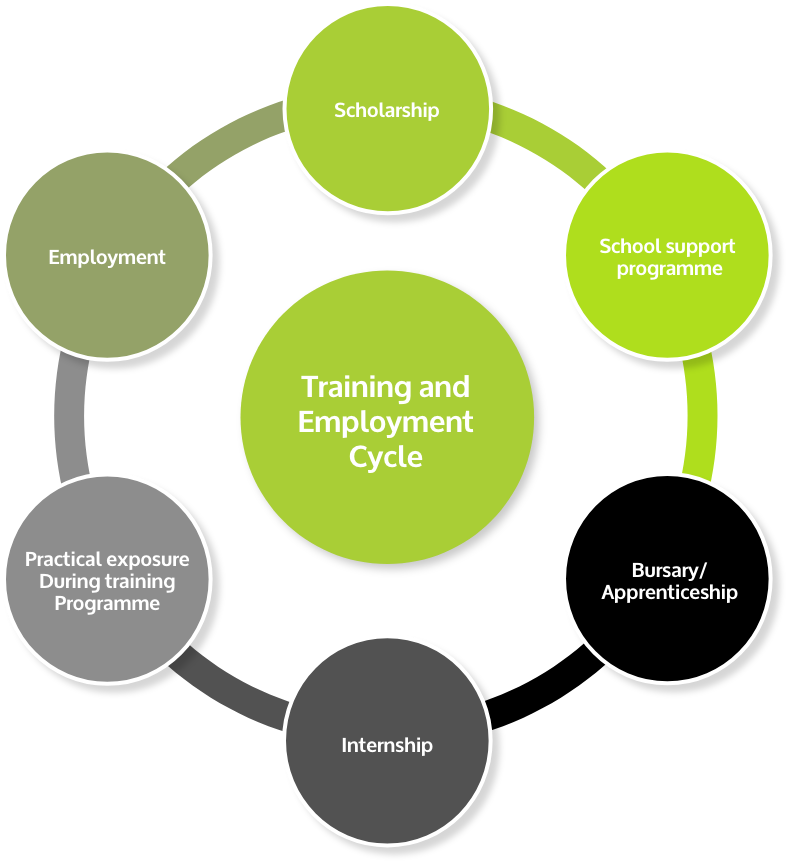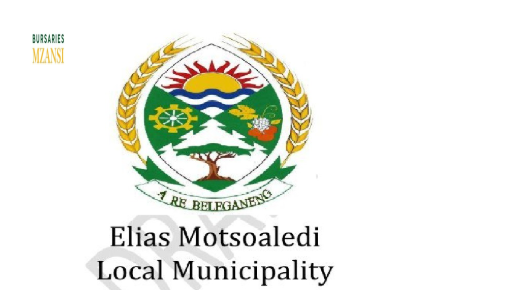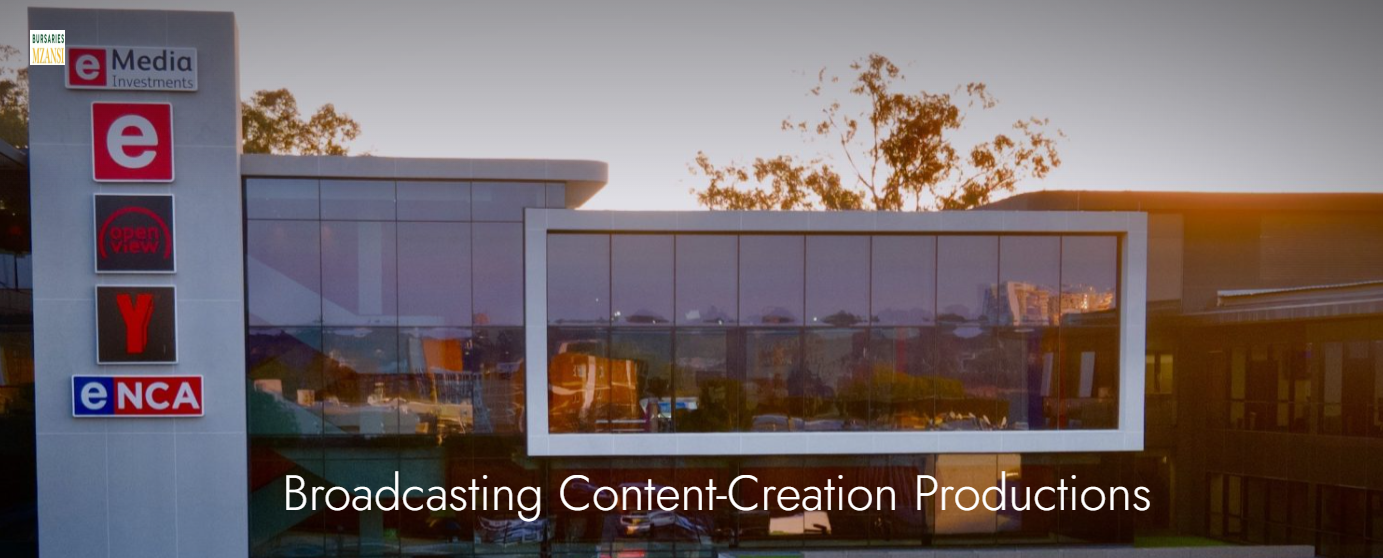Paying for higher education is one of the biggest challenges many students face today. In South Africa, tuition fees, textbooks, accommodation, and transport costs can make university or college feel out of reach. That’s where a bursary comes in. If you’ve ever asked yourself “What is a bursary and how does it work?” you’re in the right place. Let’s unpack it step by step in plain, simple language so you’ll have no confusion about how bursaries could change your future.
So, What Exactly is a Bursary?
A bursary is a type of financial assistance awarded to students who cannot afford to pay for their studies on their own. Unlike a loan, a bursary does not usually have to be paid back, making it one of the most attractive ways of funding your education.
Think of it this way: a bursary is like a helping hand from a company, government department, or organization that wants to support promising students. Many bursaries are designed to develop talent in specific industries, such as teaching, medicine, accounting, law, or engineering. In return, bursary providers often require you to work for them for a few years after graduation, which is known as a work-back obligation.
For example, Old Mutual, the well-known financial services company, funds talented students through the Old Mutual Education Trust so they can pursue higher learning and eventually contribute back to society.
How Does a Bursary Work?
Here’s how bursaries typically work in South Africa:
- Application
You find a bursary that fits your field of study and apply by completing an application form. This usually involves submitting documents like your ID, academic results, proof of income from your parents or guardians, and a motivational letter. - Selection
The bursary committee reviews applications and shortlists candidates based on academic performance, financial need, and sometimes community involvement or leadership qualities. - Award
If successful, you’ll receive an offer. The bursary agreement will outline what costs are covered. Some bursaries pay full tuition, accommodation, books, and allowances, while others only cover tuition. - Commitment
Some bursaries come with conditions, like maintaining a certain academic average or working for the sponsor after graduation. Others are “free bursaries” that don’t require repayment or work-back.
So essentially, a bursary is not just free money. It’s a contract between you and the funder, where both sides benefit.
Who Qualifies for a Bursary?
Each bursary has its own eligibility requirements, but most look for the following:
- South African citizenship (for local bursaries).
- Strong academic performance in high school or university.
- Financial need demonstrated through family income documents.
- Field of study relevant to the bursary provider’s interests.
- Personal qualities such as leadership, community service, or resilience.
For example, if you want to apply for a teaching bursary like the Funza Lushaka Bursary, you must commit to teaching at public schools after you graduate.
What Costs Does a Bursary Cover?
Not all bursaries are the same, so it’s important to check the details. A bursary can cover:
- Tuition fees (the most common).
- Accommodation and meals at university residences.
- Study materials like textbooks and laptops.
- Living allowance to help with transport or personal needs.
- Registration fees at the beginning of the year.
Some bursaries even provide mentorship, career guidance, and guaranteed job placements after graduation. That’s why bursaries are more than just financial aid. They’re an investment in your personal and professional growth.
Why Do Companies and Government Departments Offer Bursaries?
You might wonder why an organization would pay for a stranger’s education. The reason is simple: bursaries are a way to develop skills needed in the country.
South Africa faces a shortage of skilled professionals in certain sectors. By sponsoring students, companies ensure that they will have a pipeline of skilled employees in the future. It’s a win-win situation:
- Students get funding and a chance to study.
- Companies get trained graduates who understand their industry.
For instance, mining companies often fund engineering and geology students, while healthcare bursaries are aimed at nursing and medical students.
Bursary vs Scholarship vs Student Loan
These three terms often confuse people. Here’s a quick breakdown:
- Bursary: Based mainly on financial need, sometimes with work-back conditions.
- Scholarship: Based on merit, usually for top-performing students, with no repayment.
- Student Loan: Borrowed money that must be repaid with interest.
So, if you’re struggling financially but have the drive to succeed, a bursary is your best shot.
Where to Find Bursaries in South Africa
Finding the right bursary can feel overwhelming, but there are many resources available:
- Government websites such as the Department of Higher Education and Training.
- University financial aid offices.
- Corporate websites of companies offering bursaries.
- Bursary portals like Bursaries South Africa.
- Our very own bursary guides right here on Bursaries Mzansi. For example, you can check out articles like:
By regularly checking these sources, you’ll never miss an opportunity.
Tips for Applying for a Bursary
Applying for a bursary is competitive, so you want to stand out. Here are some practical tips:
- Start early – Don’t wait until the deadline.
- Prepare documents – Certified copies of your ID, academic transcripts, and proof of income are usually required.
- Write a strong motivational letter – Share your story, challenges, and why you deserve the bursary.
- Stay organized – Keep a spreadsheet of bursaries you’ve applied for and their deadlines.
- Follow instructions carefully – Many applications are rejected simply because applicants missed a required step.
If you need guidance, read our article on How to Apply for a Matric Certificate Replacement, which shows you how proper paperwork can make all the difference.
The Benefits of Getting a Bursary
Receiving a bursary changes lives. Here’s why:
- You study without the burden of debt.
- You can focus on your academics rather than worrying about fees.
- You often get career opportunities with the sponsoring company.
- You gain access to a support system of mentors and networks.
- You get the chance to contribute back to your community and family.
For many South African students, bursaries are the only realistic way to pursue higher education.
Common Mistakes Students Make When Applying
Unfortunately, many students lose out on bursaries because of small mistakes. Avoid these:
- Submitting incomplete applications.
- Missing deadlines.
- Using a generic motivational letter instead of personalizing it.
- Ignoring the bursary’s eligibility requirements.
- Forgetting to maintain the required academic average after being awarded.
Remember, bursary providers want to invest in committed and responsible students.
Final Thoughts: Why Bursaries Matter
So, what is a bursary and how does it work? A bursary is much more than financial aid. It is a partnership between you and a company or organization that believes in your potential. It gives you the chance to study, grow, and eventually give back to your community.
If you are serious about your future and willing to put in the work, then applying for a bursary could be the best decision you ever make. Start exploring bursary opportunities today, prepare your documents, and give yourself the chance to study without financial worries.
For more detailed guides, visit our bursary updates section at Bursaries Mzansi where we share the latest opportunities and application tips to help you secure funding for your studies.



